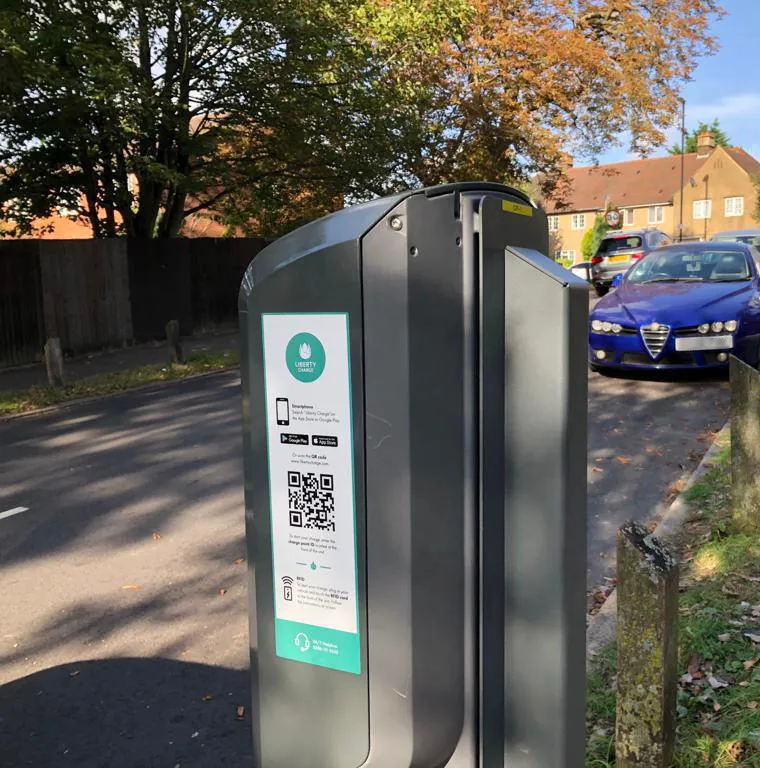New projections from US advocacy group the Electric Coalition indicate that the cost of owning an electric car is on its way to becoming competitive with petrol-powered cars. The coalition teamed with professional services firm PricewaterhouseCoopers (PWC) to calculate expected costs of several types of compact cars, pitting battery-electric against internal combustion engines, plug-in hybrids and hybrid vehicles. Including cost of purchase, fuel, maintenance, federal tax credits and residuals, the data sho
July 29, 2013
Read time: 2 mins
New projections from US advocacy group the Electric Coalition indicate that the cost of owning an electric car is on its way to becoming competitive with petrol-powered cars.
The coalition teamed with professional services firm5019 PriceWaterhouseCoopers (PWC) to calculate expected costs of several types of compact cars, pitting battery-electric against internal combustion engines, plug-in hybrids and hybrid vehicles. Including cost of purchase, fuel, maintenance, federal tax credits and residuals, the data show the cost of owning petrol-powered vehicles continuing to rise through 2024 as costs for hybrids, plug-in hybrids and pure electric cars decline dramatically.
“In this analysis, we also saw that battery electric vehicles should have a total cost of ownership that is competitive with internal combustion engines in 2017,” said Jonna Hamilton, the coalition’s vice president of policy.
On the production side, that trend is reflected in lithium-ion battery prices, which have dropped from about US$1,000 per kilowatt-hour in 2008, to US$600 per kWh today. Hamilton said analysts expected that price to fall even further, to between US$300 and US$325 per kWh by 2020.
The EV market is already showing gains in popularity among consumers as production costs fall and drivers take advantage of remaining rebates and dirt-cheap leasing deals.
Hamilton said more than 110,000 plug-in vehicles were sold in the US over the last two and a half years.
Future reports in the collaboration between the Electrification Coalition and PwC will further examine battery costs and sales and evaluate the infrastructure needed to support the market’s growing fleet of electric cars.
The coalition teamed with professional services firm
“In this analysis, we also saw that battery electric vehicles should have a total cost of ownership that is competitive with internal combustion engines in 2017,” said Jonna Hamilton, the coalition’s vice president of policy.
On the production side, that trend is reflected in lithium-ion battery prices, which have dropped from about US$1,000 per kilowatt-hour in 2008, to US$600 per kWh today. Hamilton said analysts expected that price to fall even further, to between US$300 and US$325 per kWh by 2020.
The EV market is already showing gains in popularity among consumers as production costs fall and drivers take advantage of remaining rebates and dirt-cheap leasing deals.
Hamilton said more than 110,000 plug-in vehicles were sold in the US over the last two and a half years.
Future reports in the collaboration between the Electrification Coalition and PwC will further examine battery costs and sales and evaluate the infrastructure needed to support the market’s growing fleet of electric cars.







